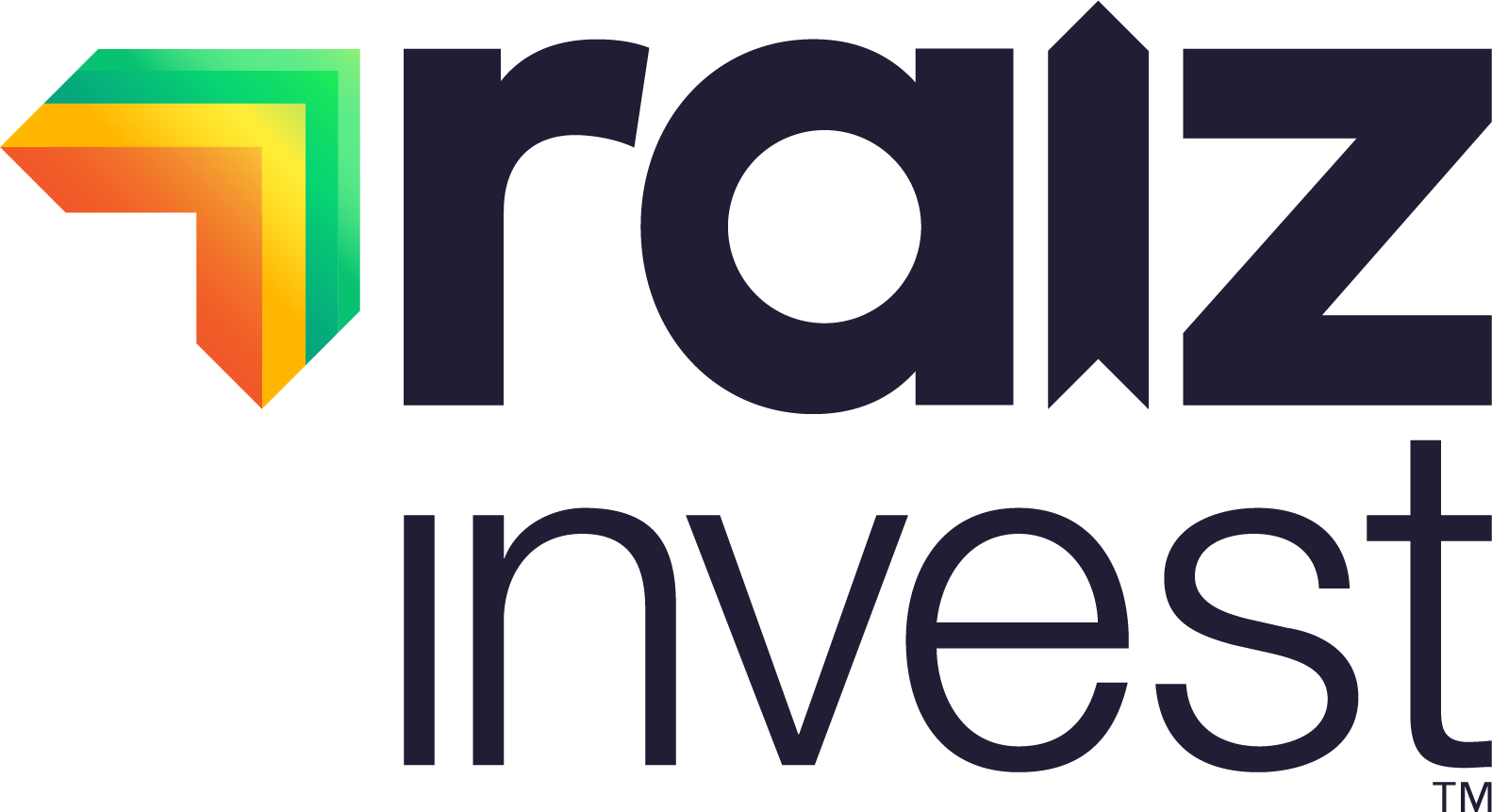The S&P 500 nears its all-time high as talks fail on a new US stimulus package

17-08-20
George Lucas, Raiz CEO
The S&P 500 nears its all-time high
The S&P 500 is close to a new all-time high, which is remarkable given the continuing coronavirus pandemic. Putting it in context, the index has risen by over 50 per cent from its intraday low on March 23, recouping all initial losses from the coronavirus crisis faster than in any prior bear market.
The explanation for this, in part, is the unprecedented support by central banks and expectations that monetary policy will be kept extremely loose for years to come. A lower interest rate will support equity prices by boosting the sustainable level of price to earnings ratios.
Also, the S&P 500 has a higher weight in healthcare and information technology compared to any other major stock market index in the world. In general, earnings per share of firms in the healthcare and IT sectors are expected to be 30 to 40 per cent above their 2019 levels, by end of 2021.
However, it’s important to take into account that if you exclude the top five firms the index’s performance looks less impressive. It comes in at roughly 5 per cent below its pre-virus level, with share prices of firms in sectors worst hit by the coronavirus crisis, like energy, much lower than that.
Talks fail on new US stimulus package
In the US, the failure of legislators this week to agree a new fiscal support package to tackle the economic fallout from COVID-19 has so far not made much of a dent in equity markets.
The continued disagreement between the Republican-controlled Senate and Democrat-held House of Representatives about how much and what type of spending the US economy needs means that further fiscal stimulus in the US now looks set to be delayed at least until early September.
Even so, the lack of extra stimulus over the next month will not derail the economic recovery currently underway, while US President Donald Trump’s efforts to get additional spending and tax relief through without Congressional approval may provide a bit of help at the margin.
That said, if major stimulus is delayed until after the November elections in the US that probably would slow the recovery somewhat, which could start to weigh on equity markets.
What the US election means for investors
Looking ahead to the US elections, it’s clear that the shape of the post-November political landscape in the US will affect markets, depending on the outcome.
The odds that the Democrats win full control of Congress have fallen back a touch recently, but they still remain favourites with pollsters. The chance of Democrat candidate Joe Biden winning the presidential election remains about 60 per cent, reflecting his solid lead in both national and swing state polls. Still, there is ample time for Trump and the Republicans to mount a comeback.
A Democrat sweep in November could still create headwinds for US equity markets. In particular, the prospect of higher corporate taxes would weigh on the earnings of most companies, while the possibility of a stricter antitrust laws would pose a challenge to big tech companies.
Epic Games files antitrust lawsuit against Apple
Indeed, the attack on antitrust has begun already with Epic Games — the developer of the hugely popular game Fortnite — suing Apple. For years, app developers like Epic have had to deal with the 30 per cent commission on in-app purchases in the Apple ecosystem, which developers say the tech giants get away with due to their dominance in the mobile operating system market.
Epic is not suing Apple for any damages but under anti-trust rules to change the playing field. This is bound to be politically motivated behind the scenes as no monetary damages are sought.
Australian jobs growth beats expectations
In Australia, monthly job numbers for July were upbeat. The 114,700 rise in employment in July was much stronger than the consensus estimate of a 30,000 increase. Employment is now back to its April level, although it remains around 4 per cent below its pre-virus level.
Elsewhere, in Malaysia it appears that economic activity is picking back up. GDP was down by 28.6 per cent year-on-year in April but, by June, it was just 3.2 per cent less than the same time last year.
In Indonesia, we are not expecting the Bank of Indonesia to change interest rates this week, the central bank will keep rates on hold at 4 per cent.
Important Note: The information on this website is provided for the use of licensed financial advisers only. The information is general advice and does not take into account any person’s particular investment objectives, financial situation or investment needs. If you are an investor, you should consult your licensed adviser before acting on any information contained in this website.
Investors only: The information in this Document is confidential it must not be reproduced, distributed or disclosed to any other person unless it is part of their statement of advice. The information may be based on assumptions or market conditions and may change without notice. This may impact the accuracy of the information. In no circumstances is the information in this Document to be used by, or presented to, a person for the purposes of making a decision about a financial product or class of products.
General advice warning: The information contained in this Document is general information only. It has been prepared without taking account any potential investors’ financial situation, objectives or needs and the appropriateness of this information needs to be considered in that context. No responsibility or liability is accepted by Instreet or any third party who has contributed to this Document for any of the information contained herein or for any action taken by you or any of your officers, employees, agents or associates.



